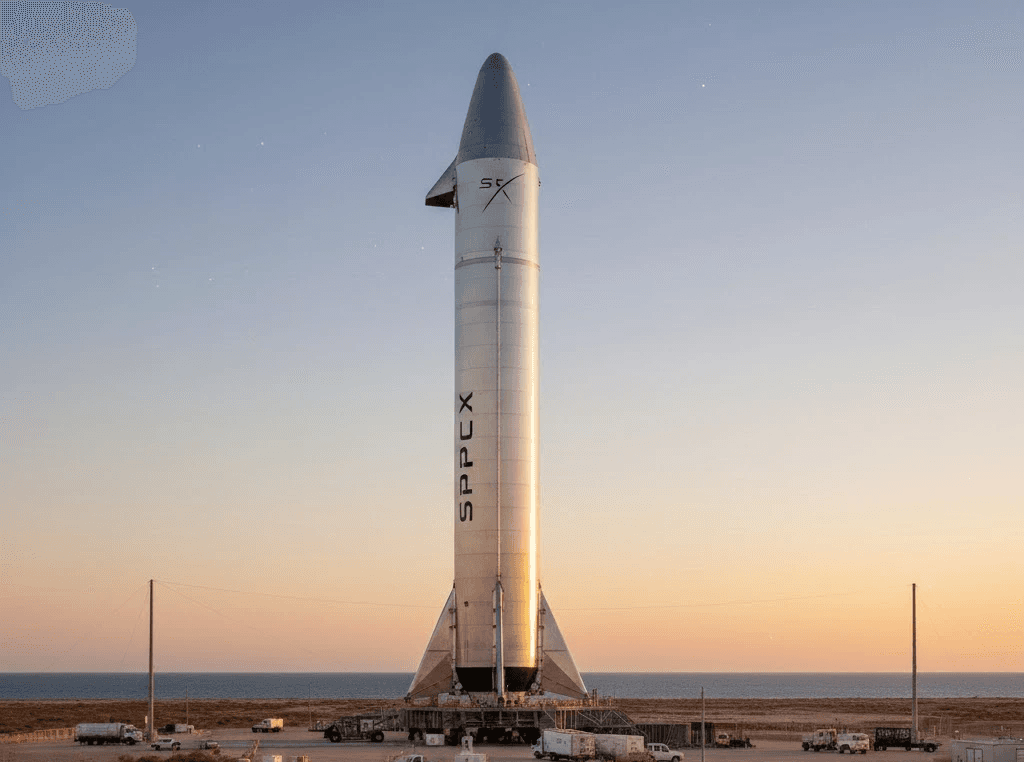Europe’s space industry has long been a field of strategic importance, balancing between reliance on international partners and the desire for independence in satellite launches and advanced aerospace systems. In a move that underscores this ambition, Italian rocket manufacturer Avio has approved a massive €400 million capital raise to accelerate the development of next-generation rockets, expand its production capabilities, and strengthen Europe’s position in the competitive global launch market. This decision comes at a time when demand for satellite launches is exploding worldwide, driven by telecommunications, Earth observation, defense, and commercial applications.
Avio, known for its critical role in developing the Vega rocket family, has been a cornerstone of European launch capability. With this new injection of funding, the company is not only seeking to secure its future relevance but also to reduce Europe’s dependency on non-European players such as SpaceX and Arianespace’s reliance on Russian technology, which has diminished due to geopolitical tensions. The fresh capital will help Avio develop more powerful and cost-effective launch vehicles, positioning Europe to better compete in the growing small- and medium-satellite launch sector.
The move reflects the European Union’s broader strategy of asserting sovereignty in space. With the U.S. advancing rapidly through private companies like SpaceX, Blue Origin, and Rocket Lab, and China making aggressive strides in both government and private-sector spaceflight, Europe faces mounting pressure to keep pace. Avio’s capital raise can be seen as a direct response to this competitive landscape, ensuring that Europe remains a relevant player in the global space race. The funds are expected to support not only research and development but also the modernization of Avio’s production facilities in Italy, where rocket stages, propulsion systems, and critical components are manufactured.
One of the major focuses of this initiative will likely be the continued evolution of the Vega C and the development of the next-generation Vega E rocket. These vehicles are designed to be more adaptable, with increased payload capacity and improved cost efficiency. In the age of mega-constellations, where hundreds or even thousands of satellites need to be placed in orbit within short timeframes, flexibility and cost competitiveness are crucial. Avio’s upgrades could position Vega rockets as a preferred option for European and international customers looking for reliable medium-lift solutions.
The significance of this investment also extends to Europe’s industrial ecosystem. Avio collaborates with several European partners, including the European Space Agency (ESA), national space agencies, and industrial suppliers across the continent. By channeling €400 million into rocket development, Avio is creating ripple effects throughout Europe’s aerospace sector—stimulating innovation, creating jobs, and strengthening supply chains. This type of funding boost demonstrates how individual companies can play a catalytic role in advancing continental goals.
Of equal importance is the geopolitical context. With recent global disruptions, including tensions over access to launch services and restricted supply of aerospace-grade materials, Europe is seeking greater resilience. The ability to autonomously access space is not merely about commercial opportunity; it is also a matter of national and continental security. Satellites are vital for defense, navigation, communications, and intelligence. Avio’s strengthened position could ensure that Europe is not left vulnerable to external pressures or denied access to orbit in critical situations.
Competition, however, is fierce. SpaceX has revolutionized the launch market with reusable rockets, drastically reducing costs and increasing launch frequency. Meanwhile, China is accelerating its efforts to dominate low-Earth orbit and build long-term lunar infrastructure. Against this backdrop, Avio must do more than simply modernize its rockets; it must innovate in ways that enhance efficiency, lower costs, and potentially introduce reusability features of its own. Although Avio has historically focused on expendable rockets, discussions around introducing partial reusability may become more pressing as the global market shifts toward sustainability and affordability.
There is also a growing demand for green propulsion systems, reducing the environmental impact of rocket launches. Europe, in particular, has been vocal about sustainability in every sector, and space is no exception. Avio’s capital raise could support research into cleaner propellants and more eco-friendly launch systems, aligning with the European Union’s climate and environmental goals. This dual focus—on competitiveness and sustainability—could give Avio a unique position in the evolving space economy.
Looking forward, the €400 million capital raise represents both a bold bet and a necessary step. For Avio, it ensures that the company has the resources to keep pace with global rivals, expand its footprint, and secure long-term contracts in an increasingly competitive market. For Europe, it strengthens strategic autonomy in space, protecting its ability to pursue scientific discovery, defense objectives, and commercial opportunities without undue reliance on others.
As the aerospace industry continues to evolve, Avio’s decision underscores a larger truth: in the new space age, capital investment is as vital as technological innovation. By securing this funding, Avio has positioned itself not just as a contractor but as a leader capable of driving Europe’s space ambitions forward. The success of this initiative will depend on execution—how efficiently the capital is deployed, how quickly new technologies are brought to market, and how effectively Europe can rally behind its champions. But one thing is certain: with €400 million now fueling its engines, Avio is preparing to write the next chapter in Europe’s space story.
NEVER MISS A THING!
Subscribe and get freshly baked articles. Join the community!
Join the newsletter to receive the latest updates in your inbox.






